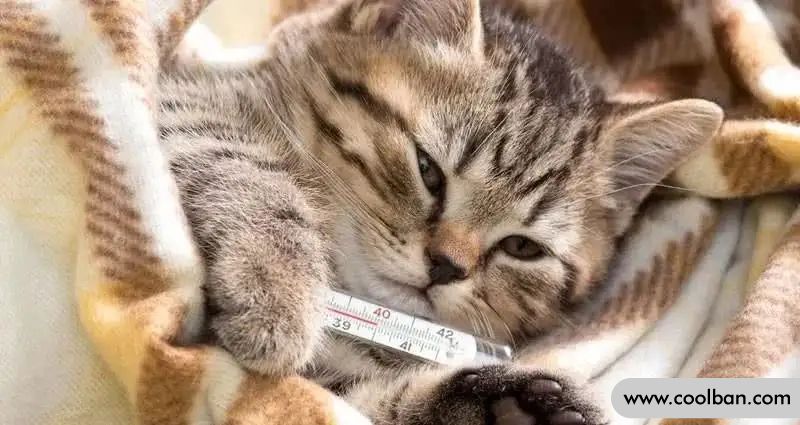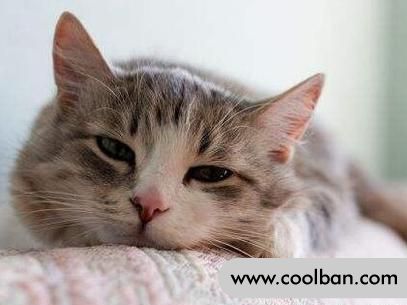What to do if a cat is infected with calicivirus?
Feline calicivirus, also known as "Karissy virus". After infection, it mainly replicates in the epithelial cells, conjunctiva, tongue, and alveolar cells of the upper respiratory tract, causing clinical symptoms.
From upper respiratory tract infections to serious systemic diseases, when cats repeatedly experience "cold" symptoms, they need prompt medical attention and proper treatment.
Calicivirus and Feline Rhinobronchitis: URIs infect the upper respiratory tract of cats, and pathogens of the feline nasal branch include bacteria, fungi and viruses. Different strains of feline calicivirus can also cause the disease. Many cats with upper respiratory tract infections are infected with both feline herpesvirus and calicivirus.

Acute infection: Fever, conjunctivitis, sneezing, runny nose, ulcers around the tip of the tongue. Some cats also stand and walk abnormally.
Chronic infection: Repeated runny nose, tears, and sneezing. Many owners think that the cat just has a cold, but the symptoms of this "cold" will continue to recur and appear frequently.
Feline calicivirus is often associated with stomatitis: Calicivirus infection is often accompanied by ulcers on the tip of the tongue and around the tongue, so calicivirus infection is often accompanied by gingivitis. All calicivirus strains have the ability to induce acute stomatitis in cats.
Cats with stomatitis will exhibit: Decreased licking, disheveled coat, bad breath, drooling, food dropping, weight loss, slow and painful eating, or decreased eating.

Calicivirus is spread through saliva and feces. If you are in a multi-cat household, before preparing to welcome a new cat, you will need to recall whether any cats in the household have previously had symptoms of calicivirus. If so, use it first. Sanitize the living environment with a disinfectant, then keep the kitten nourished by avoiding existing drinkers, food bowls, and litter boxes. Kittens should be quarantined for at least 2 weeks, during which time they should not be stressed to prevent viral infection.
Some people may ask: My cat has been vaccinated against calicivirus, how can it be infected? All vaccines act as a defense until the cat is not infected with the virus, which can only suppress and attenuate the symptoms of the virus when the cat itself carries the virus. Once the cat's immunity declines, even if the cat has been vaccinated, there is still a chance to contract the virus, and some cats will develop oral diseases after vaccination, and they may carry the virus themselves.
